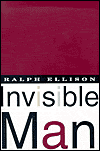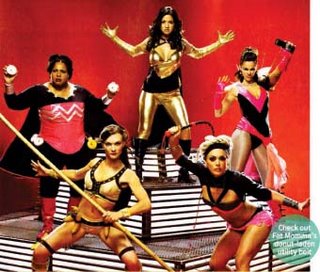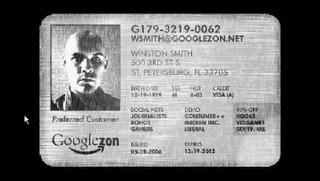
In Nicaragua, women do not have a right to an abortion. Now it looks like they won’t have a right to an abortion, even if their lives are at risk. I would prefer to live in a world where women were valued more highly than their ability to reproduce. I would prefer to live in a world where certain choices were left up to women to make, whatever choice they made, as long as they had the freedom to choose.
Yet a woman’s freedom to choose (and not just an abortion) to be the kind of woman she wants to be for herself is in ideological peril in many places these days. Including, and maybe especially the USA. I am volunteering to serve as a bartender at a Halloween party this year, which means that for the first time in a few years I truly need better than the old-fashioned home made costume. Luckily for me, one of those Halloween specialty stores is open a few blocks away. Unluckily for me, or so I discovered this year, I am skinny enough to find that neither do the available costumes suit my purpose nor, considering it is the end of October, did these costumes provide adequate cover for my legs and arms.
I am not the only person to have noticed this trend. Stephanie Rosenbloom recently described this costume situation in The New York Times’s Fashion & Style section (“Good Girls Go Bad, For a Day”). I think it’s great that some women have the freedom, and the comfort, to choose and to wear costumes consisting of very little fabric. What I dislike is my relative lack of freedom in choosing a costume that I am more comfortable with. While I could rant here about so many trends in fashion and beauty everywhere that keep a woman paranoid about her appearance, mostly in the name of capitalism, I will not. What upsets me the most is how many women may buy these costumes to please men but not themselves.
I have been told by a number of different Muslim women that wearing the veil is liberating. Some have told me that they feel closer to God while wearing the veil; others have told me that the veil liberates them from feeling objectified, especially sexually objectified. My only difficulty with this line of reasoning falls in with my difficulty with abortion and Halloween costumes. It seems that I live in a world that promised women equality and only delivered them multiple ways to have their body objectified and dictated by others (men and women). Whether a body is hidden, cut open, pregnant, or bare does not matter – what matters is how society signifies the position of that woman and how she views herself. What is most important in my view is that women have the freedom to choose for themselves. Freedom of choice is about letting women make the choices that make them feel more human to others, not less. And ultimately it doesn’t matter what the choice is, as long as the woman making it could do so freely and without damaging social, cultural, or psychological repercussions had her choice been different.
Ultimately, this Halloween, I will go as an old-fashioned vampire in a long, full, red cloak. I have to partially design my own costume again, but at least the choice is mine. For now.
------------
Pictures taken above (left to right) Nicaraguan women opposing abortion, some women modeling USA Halloween costumes, and Aishah Azmi, a British woman suspended from her teaching assistantship because of her refusal to remove her niqab veil.









